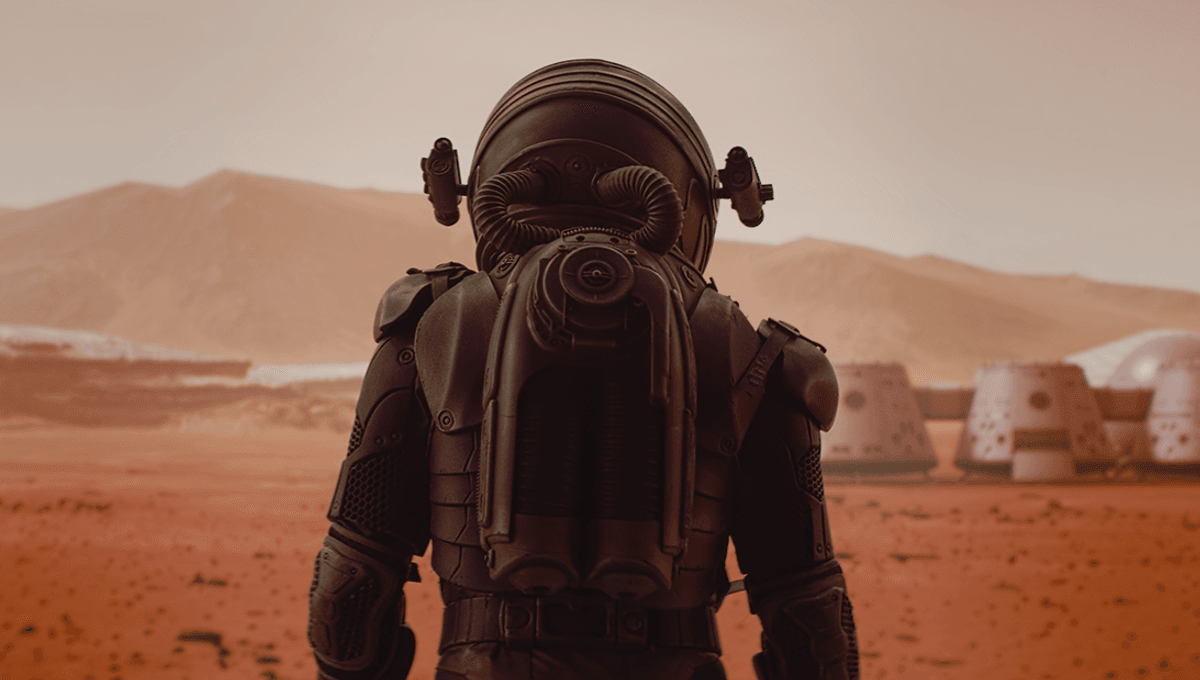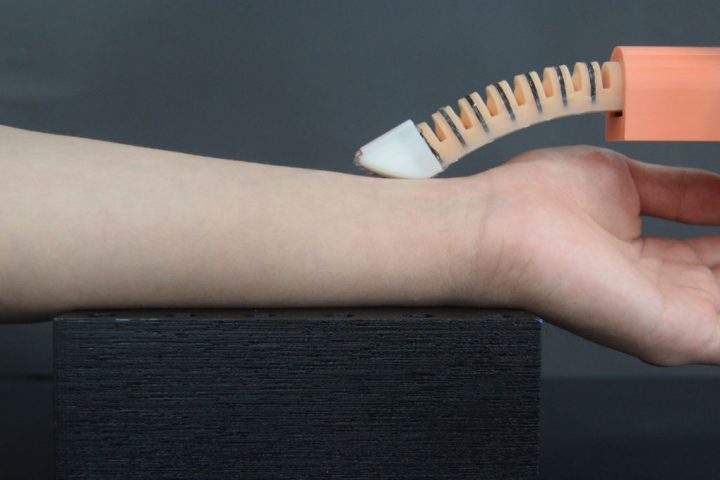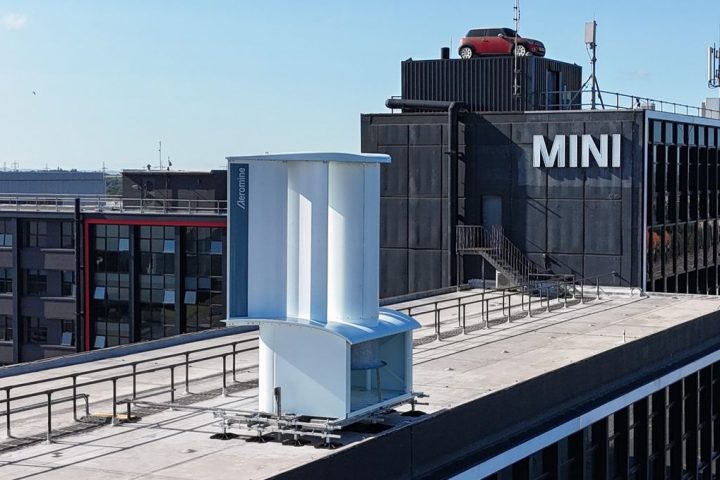A groundbreaking study has delved into the intricacies of establishing colonies on Mars, revealing the optimal number of residents needed for survival. However, it also highlights the importance of certain personality types steering clear of such a mission.
Imagine a future where humans have a permanent outpost on another planet. It may not be as far-fetched as it seems, considering humans have been continuously living in space since 2000. To address the numerous uncertainties that come with such an endeavor, a new research paper published on the pre-print server arXiv attempts to shed light on the ideal colony size through extensive simulations spanning 28 years.
Previous studies have tackled this question before. In 2020, one study suggested that 110 individuals were necessary to fulfill all duties required for survival without overwhelming the colonists. Inspired by this research, the new team made some different assumptions about life on Mars. They assumed that the colony had already been constructed, and resources like food, air, water, and power could be produced locally. Additionally, they modeled the regular supply of essentials from Earth, deeming it more cost-effective than sending humans to expand the colony’s size.
The simulation assigned attributes to agents, similar to setting up characters in The Sims, and then simulated the colonists’ working days and interactions with their teammates. The team also factored in personality types, including Agreeables, Socials, Reactives, and Neurotics. Each agent had a life bar that could deplete, resulting in their demise. To fill the void left by deceased colonists, periodic resupplies of new Martians, each with their own personalities, were introduced. The simulations ran for 28 years with varying initial colony sizes, ranging from 10 to 170. Surprisingly, the study found that the minimum number required to sustain a colony was just 22, significantly lower than previous estimates that did not consider regular resupply missions.
However, the team made an unexpected discovery regarding the impact of neurotic personalities.
“Once their population reaches a low enough level, the settlement population stabilizes.”
The study highlights the challenges faced by neurotic individuals in a Martian colony and suggests that the overall well-being of the colony improves with fewer individuals of this personality type.
While these simulations provide valuable insights, real-life experiments are also underway. Residents are being confined in simulated Mars habitats, replicating the challenges of life on the planet and all the potential problems that may arise.
The full study can be accessed on the pre-print server arXiv.








